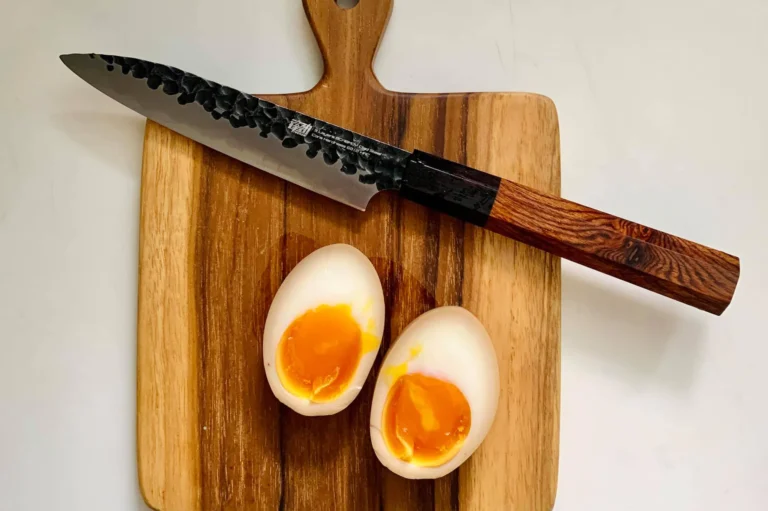Mentor Coach: Sanjiv Bhatia
19th Jul 2023
Does my onsen egg look delicious? It is delicious. I’m not shy to say this because it’s my signature dish. A dish in which I’ve experimented with countless cooking methods and timings to get the perfect texture.
Yesterday’s lesson on coaching models (the GROW model) reminded me of my master-cooking-the-onsen-eggs journey.
Goal
To master cooking the onsen eggs.
Reality
- On a scale of 1 to 10 (10 being the highest), what’s my overall cooking skill level? I’d say it’s 6.47.
- What equipment do I have? Pots and pans, a pressure cooker, and a sous-vide stick.
- Have I tried it before? If half-boiled eggs are considered an attempt, then yes. Otherwise, no.
Options
- Research recipes
- Watching Youtube videos
- Ask my chef friends
Way Forward
I watched Youtube videos. Tons of them. Science-based, trial-and-error-based, and aunty-guesstimation-based methods. You name it; I’ve tried it.
Unsurprisingly, the science-based methods produced the most consistent results.
So, yes. I used the GROW coaching model, albeit unknowingly, to self-coach myself into cooking the perfect onsen eggs.
What are coaching models?
Coaching models are frameworks and methodologies that guide the coaching process. They provide a systematic approach to help coaches assist their clients in achieving their goals and making positive changes in their lives.
Like how I master cooking the onsen eggs, frameworks and methodologies appear everywhere in our daily lives. It’s just that we don’t necessarily call it so.
That said, coaching models are not the holy grail of coaching. They have their pros and cons, too.

Pros of Coaching Models
- Structure: Coaching models provide a clear structure for learning how to make my onsen eggs, ensuring I don’t miss any essential steps.
- Focus (in the FUEL model): By setting a specific goal (in the GROW model), I focus on making onsen eggs rather than getting overwhelmed with various recipes.
- Exploration (in the FUEL model): The options (in the GROW model) stage allows me to explore different recipes and methods, enabling me to find the one that suits my preferences and skill level.
- Planning (in the FUEL model): The model guides me in creating a detailed plan, making it easier to organise my cooking process and track my progress.
Cons of Coaching Models
- Rigidity: Strictly following coaching models might limit our creativity in the entire coaching process. Coaching (and cooking) is an art, and some experimentation can lead to unique and surprising (delicious) results.
- Overemphasis on Process: In some cases, coaches might focus too much on following the model rather than actively listening to their clients and being fully present during sessions.
- One-Size-Fits-All Approach: Not all coaching models suit every client or situation. Coaches need to be aware of the limitations of their chosen model and be willing to adapt when necessary.
- Potential for Dependency: Coaches might rely too heavily on the model, leading to a lack of creativity and personalised coaching interventions.
ROJAK
FUEL, OSKAR, GROW, GROWTH, and whatnot. The number of coaching models out there is mind-boggling.
Some coaching models can be intricate, which might overwhelm new coaches like me.
I’m someone who can’t handle complexity. So I developed my coaching model during the training session yesterday.
I called it, ROJAK. 😅
Review/Reveal
Review what was discussed or agreed upon during the previous session. Or get the client to Reveal what’s in their mind.
Options/Others
Explore other options, possibilities and challenges the client has or can think of. Use the AWE (And What Else) question more.
Jump Not to Conclusion
Avoid forming any conclusion too early by asking more questions and probing further.
Affirm
Affirm the client’s decision, process and growth.
Key Takeaways
End by asking what key takeaways the client has gathered and how they intend to apply them.
Hmm. Maybe I should trademark it.
Like ROJAK™️ 😊
